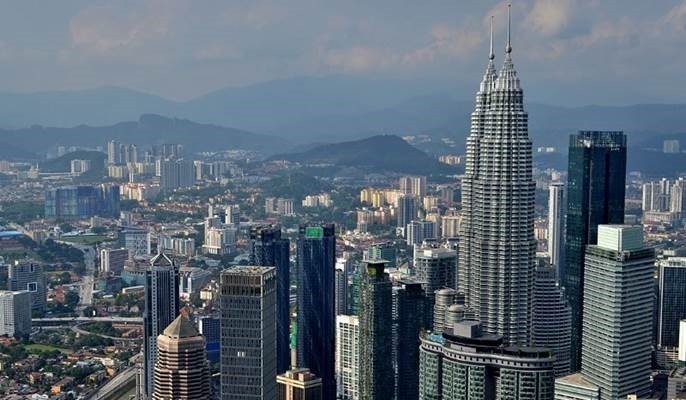
PETALING JAYA: A think tank has called on the government to embark on economic reforms to increase the country’s competitiveness in the region in the post-Covid-19 era.
Center for Market Education head Carmelo Ferlito cited three main “stumbling blocks” to Malaysia’s economic growth.
They include growing nationalistic tendencies which affect the openness of its economy, particularly in the recruitment of blue-collar and skilled foreign labour, the “crowding out” of the private sector by government-linked companies and political uncertainty clouding policy direction.
“We must remember that Malaysia is a small country in terms of its domestic market, so the multinational companies that came here did not do so to be closer to the market.
“They came here because of the openness of the economy, a fair tax system, good command of English of the workforce, solid infrastructure, and until recently, political stability.”
With the pandemic, Ferlito said businesses would be even more sensitive to investment factors than before because they too are recovering, and that Malaysia simply cannot afford to continue without changing its ways.
“It is not business as usual,” he told FMT, adding this meant the federal and state governments must commit to a more open and liberalised market and “go the extra mile” to attract foreign direct investments.
“Neighbouring countries like Vietnam and Indonesia are catching up, Malaysia needs to restore its competitiveness.”
Ferlito said Malaysia has slipped in its ranking on the World Economic Forum’s competitiveness index, falling from 18th in 2016 to 27th in 2019.
While Vietnam has fluctuated in the same period and is now ranked 67 and Indonesia’s competitiveness ranking has dropped to 50, Ferlito said their rankings are expected to improve.
“In Indonesia’s case, the new Omnibus law to improve investment will boost its competitiveness. Vietnam has been liberalising its economy rapidly, and it even achieved positive growth in the first half of 2020, and their economy is even expected to grow 2% in 2020. This is a sign of their increasing competitiveness.”
Another economist, Ramon Navaratnam meanwhile said politicking, as well as racial and religious polarisation were big problems, as they can affect the perception of stability in the country.
“We cannot afford to follow the old way of doing things and remain complacent,” he said, adding the economy must be opened up to more competition and less protectionism.
Navaratnam said the government must also look into bridging gaps between the haves and have nots regardless of race and religion.
“No one should be left behind,” said the former Treasury deputy secretary-general.
“There is a greater need to ensure entrepreneurs and businesses have access to opportunities, they should not be monopolised by any one group or those linked to political parties and GLCs.”
Source: https://www.freemalaysiatoday.com/category/nation/2020/11/29/three-stumbling-blocks-to-malaysias-growth-says-think-tank/

